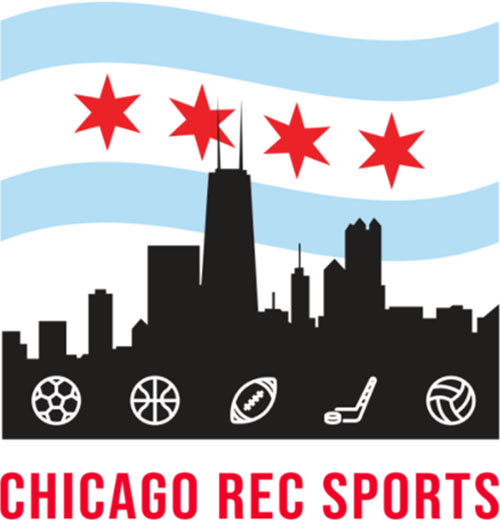It has been an honor and pleasure to work with the families and youth on the South and West sides of Chicago for the last 17 years, both as a family physician and Coach/Director for Chicago Rec Sports (CRS). Early on in 2006, our main focus was soccer and we have since transitioned into a wide range of sports for all ages of children. One of my main reasons for making a push for affordable and accessible sports for youth in Chicago is the concerning numbers that have been reported over several decades of increasing childhood obesity. As a physician, I am well aware of the risks that come with obesity at any age including hypertension, high cholesterol, degenerative joint disease, diabetes, and sleep apnea. My focus here today is to talk about childhood obesity, what it can lead to later in life, and what can be done about it right now. The goal is a healthier Chicago and happier lives for our youth as they grow older.
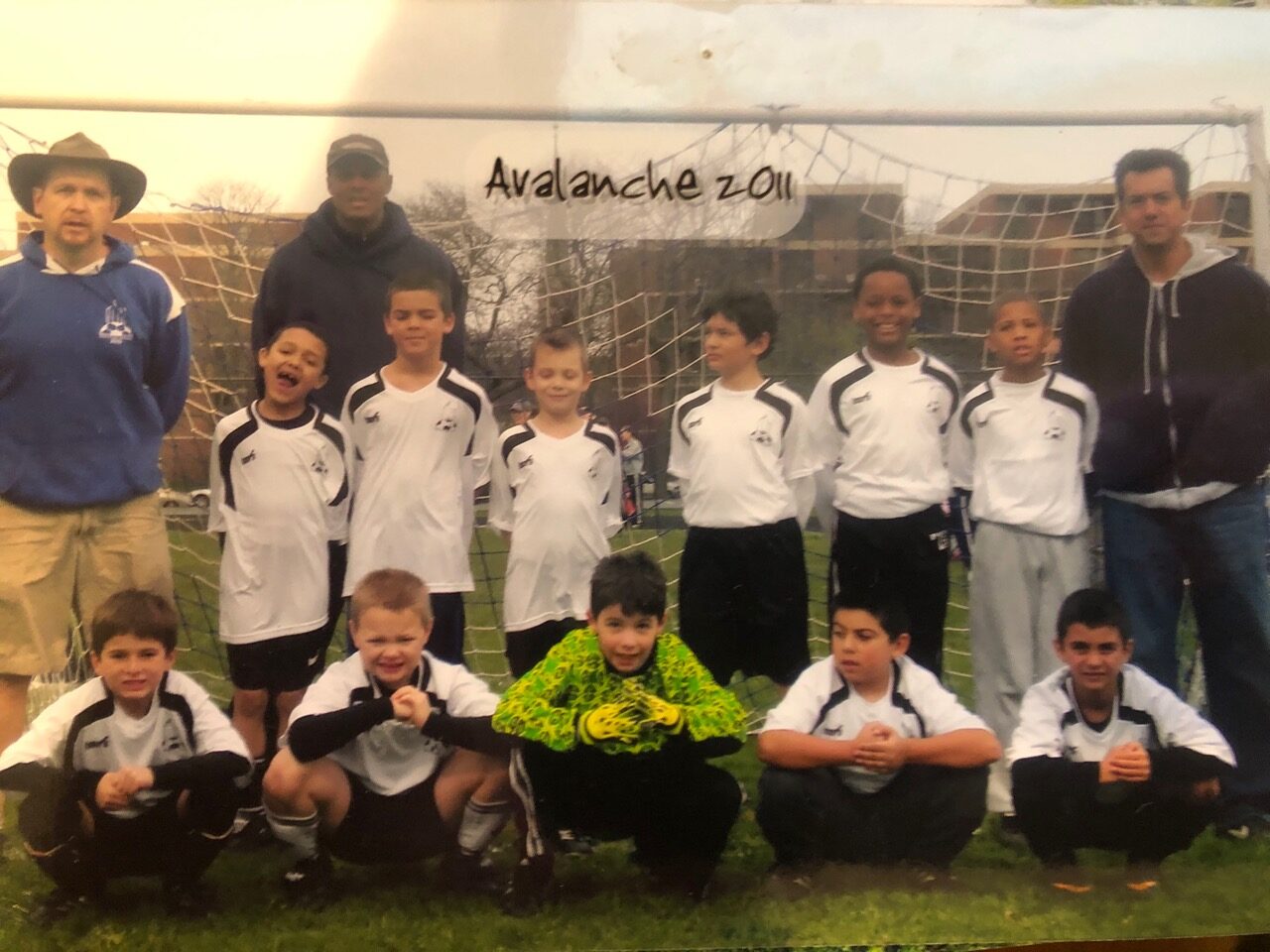
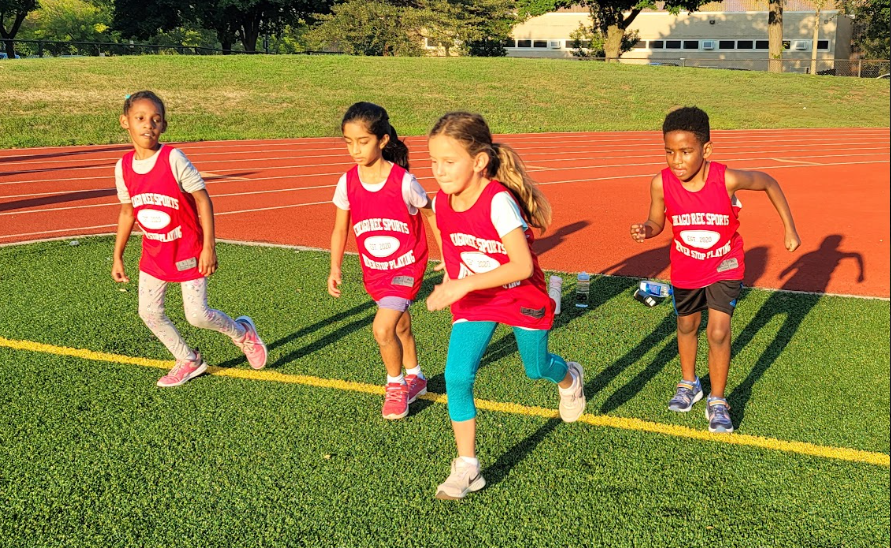
The CDC reports that between 2017 and 2020, childhood obesity for ages 2-19 made up 19.7% of the pediatric population in the U.S. with about 14.7 million youth affected. Looking further, of those 14.7 million, 26.2% were Hispanic, 24.8% were Black, 16.6% were Caucasian, and 9.0% were Asian. Various articles and reviews of the data speak to availability of nutritious food sources, lack of green space, lack of structured or unstructured programming/play, time constraints, cost constraints, increased screen time and other reasons. Whatever the cause, this is an epidemic in America that will have long lasting consequences for generations. One of the reasons why I am proud to work with the CRS team is that the vision and mission of CRS is in place to help address several of the aforementioned issues. In the prevention of childhood obesity, we help future generations reduce heart disease, cancers, and other maladies associated with being overweight and obese.
First is play itself. Offering a wide variety of options at a recreational level can bring in youth who have a fear or hesitation to try something new. Perhaps someone young who has never tried track but after a few sessions finds that track and running itself are passions. As a physician, I generally recommend that all kids get a minimum of 30 minutes of playtime per day whether structured or unstructured. Play time will help reduce childhood obesity and build good habits for the future. – Never stop playing.
Second, is cost constraints. Some club sports can cost families upwards of $2500 to join a club for a year not including fees for uniforms, travels, and other club events. Club fees can be a deterrent to healthy activity. I encourage families to play many recreational sports at a fraction of the cost while still getting great play time year-round.
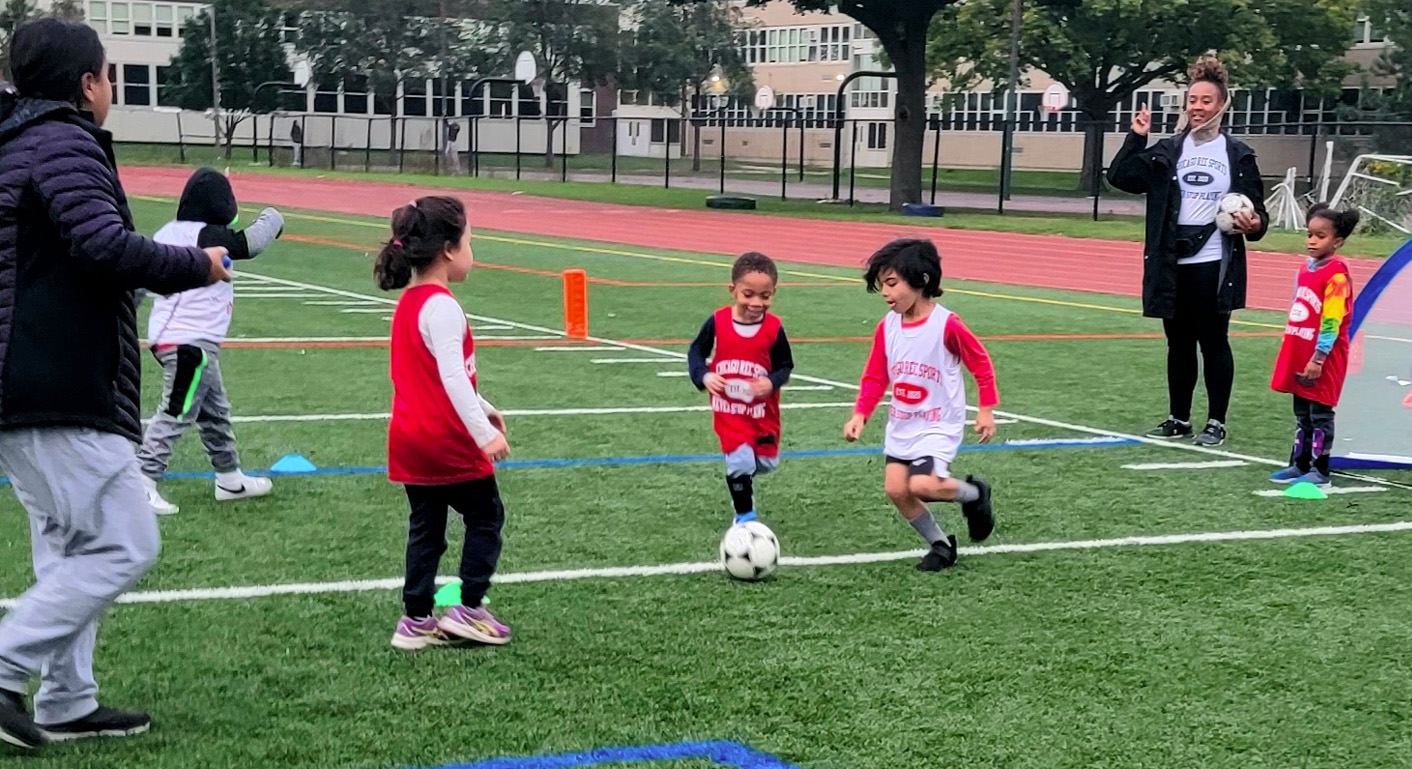
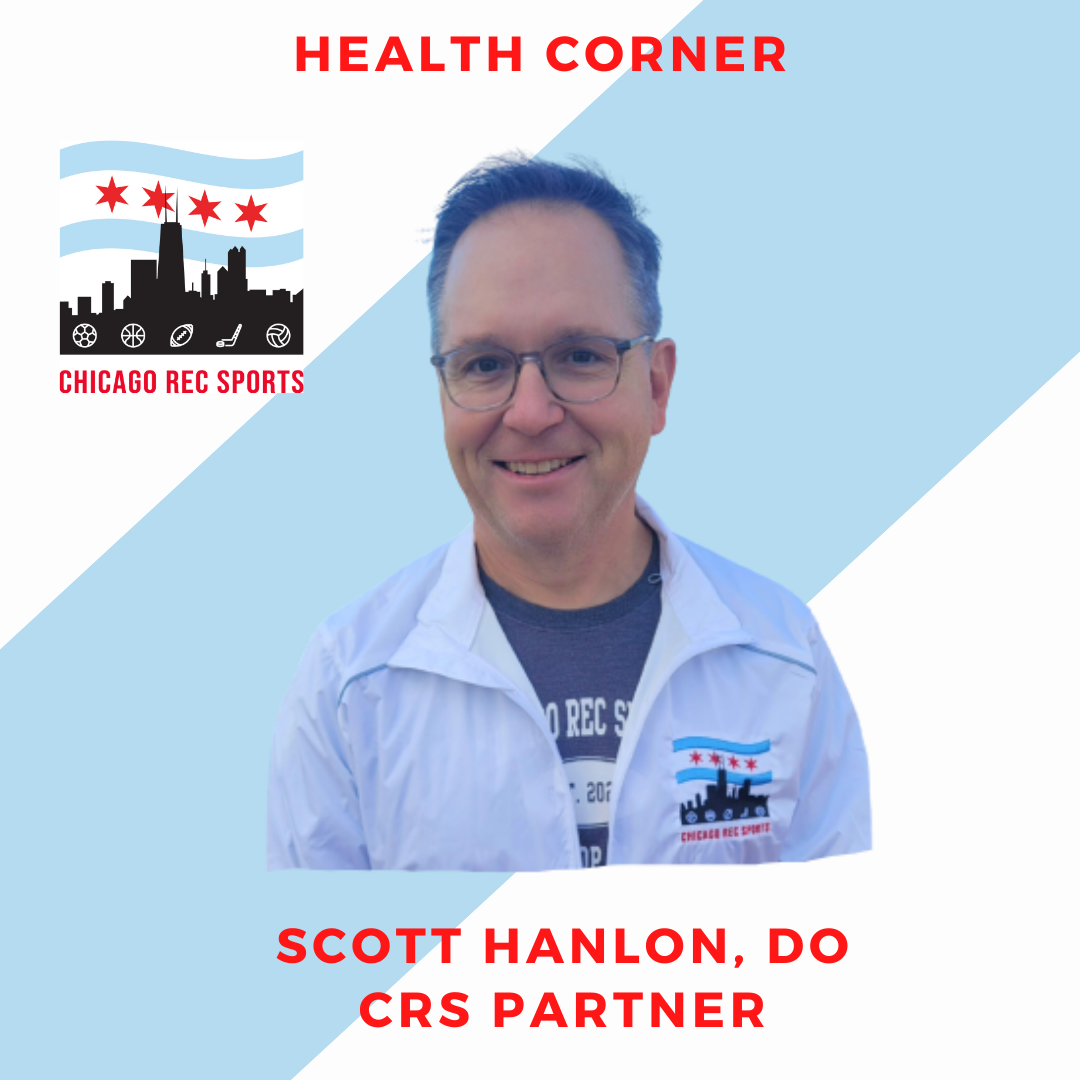
Finally, the lack of green space. It is important for communities to work with our elected officials to ensure safe parks and neighborhoods for kids and families to play. A great example of community and government involvement working together for our youth’s best interest is Dunbar Park. In the very early 2000’s, the park was fairly empty, unused, and in poor repair. Over the last two decades, the park has undergone extensive repair and now families fill the park daily.
In the end, CRS is committed to working families to make all of Chicago’s kids happy and healthy. We look forward to working with you in 2023!
Dr. Scott Hanlon
Chicago Rec Sports
